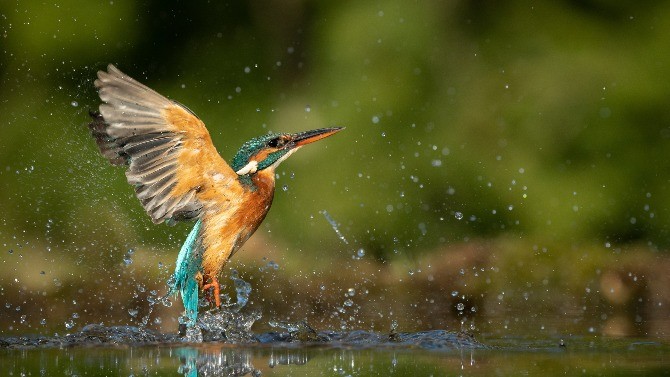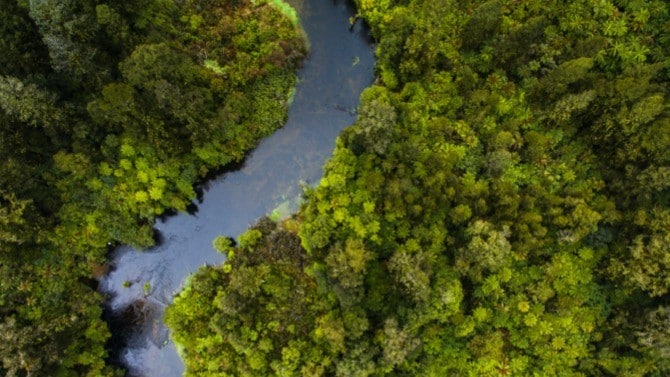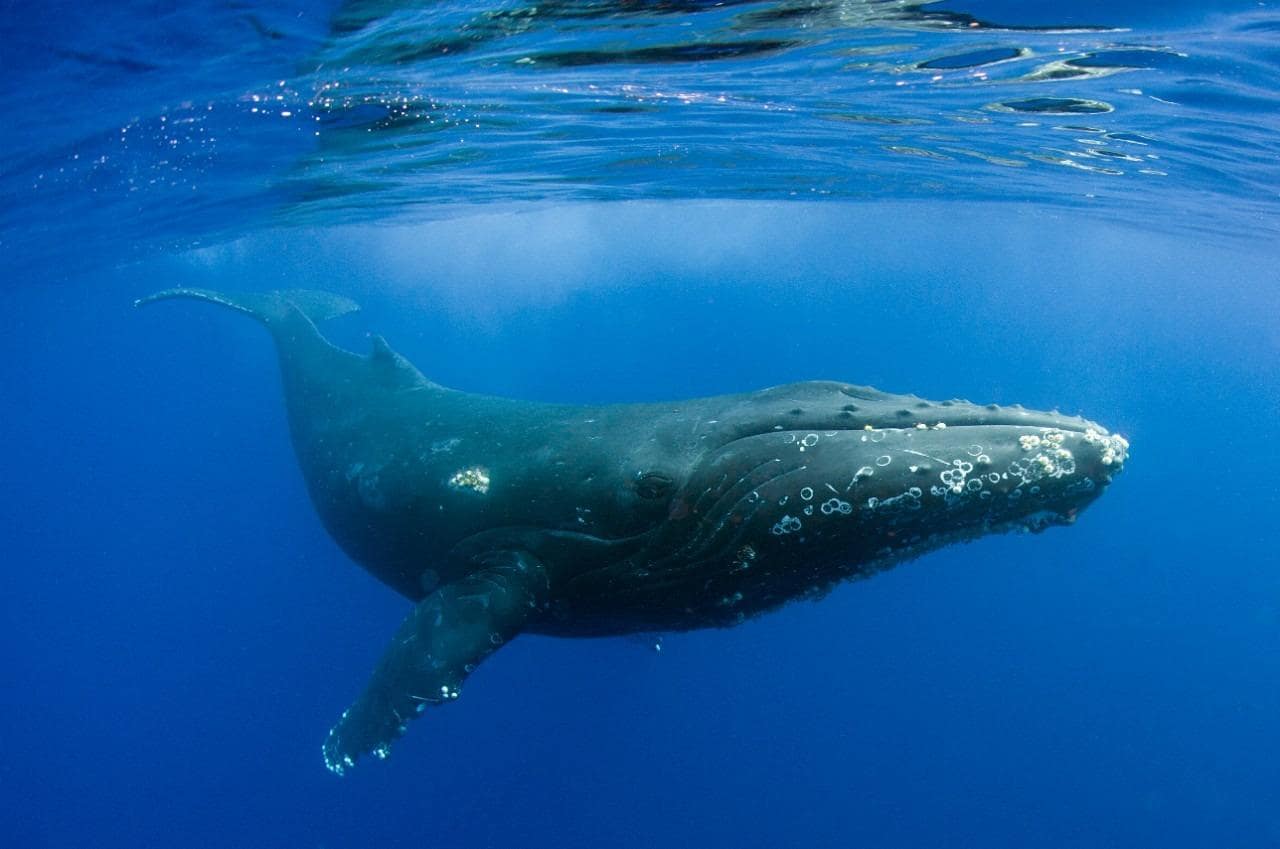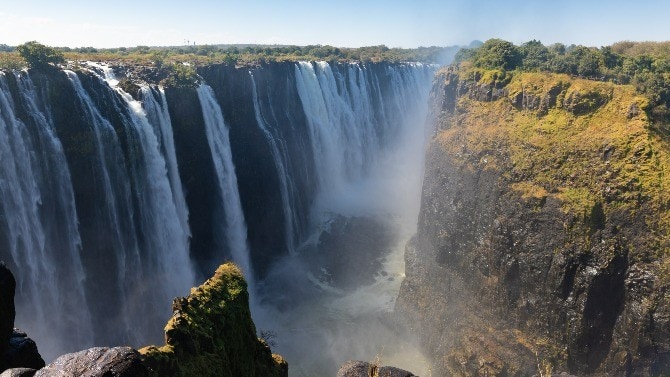Creating a nature positive future
Nature & biodiversity
The natural world provides the air we breathe, the water we drink and the essential resources and services that enable our societies and economies to thrive. So when nature is under threat, it has an impact on all of us. And right now, our natural world is declining at an unprecedented rate.
Businesses face new risks from nature loss, and will need to address the emerging regulatory, consumer and investor response. By putting nature positive strategies in place and integrating them into their plans, business leaders can harness new opportunities that create sustainable outcomes for all.
PwC is working together with businesses and governments to transition to a nature positive future.
Nature Hub video
nature solving
Centre for Nature Positive Business
PwC’s global Centre for Nature Positive Business unites more than 500 nature specialists from across our network. Bringing together knowledge in biodiversity, water, forestry, regenerative agriculture and geospatial analysis, the Centre is accelerating the global transition to a nature positive and net zero future.
The Centre:
- catalyses collaboration among public, private and civil-society organisations to halt and reverse nature loss
- empowers business leaders to play their part, by helping the largest organisations in the world to transition to nature positive business models
- helps drive the development of frameworks, standards and methodologies that provide the architecture necessary for rapid system-wide change
- upskills our people around the world to build nature positive, sustainable outcomes into project delivery
- contributes to and builds trust in the diverse global factbase that underpins the nature-action agenda.
Four ways to start embedding nature in your business model
- Begin your nature positive journey
- Understand your interface with nature
- Develop a nature strategy
- Communicate your efforts
Begin your nature positive journey
Where to start?
Many organisations may be further along the path to becoming nature positive than they think. We can help you understand what nature means for your business, why it matters and how you can start your nature positive journey.

Understand your interface with nature
What are your impacts, dependencies and risks?
Understanding and managing your business’s location-based impacts and dependencies on nature is an essential starting point to ensure its long-term sustainability and to manage risk. We can help you understand your interface with nature, the risks and opportunities it poses to your business, and how to monitor your progress.

Develop a nature strategy
Turning insights into action
Once you understand your business’s interface with nature, you must translate that information into a clear vision and mission with robust transition plans, goals and targets that integrate with existing sustainability and corporate strategies. We can help you develop bespoke plans to transition towards a nature positive future.

Communicate your efforts
Nature reporting, regulation and transparency
Transparency in measuring and reporting nature-related impacts, risks and transformation is an essential component to attract and retain investment as well as to adhere to regulation and manage reputation. The Centre for Nature Positive Business works with organisations to fully understand their interface with nature and to report their impact, targets and strategies in line with best practice and regulation.

Managing nature risks: From understanding to action
Read PwC’s analysis of the nature risk that organisations could be facing. Business relies heavily on nature to supply much-needed goods and services. Recognizing those dependencies is the first step toward managing the risks and opportunities they create.

Contact us

Lucas Carmody
Executive Director of PwC’s global Centre for Nature Positive Business, PwC Australia

Global Sustainability, Climate and Nature Strategy, Director, PwC United Kingdom
Tel: +44 (0)7718 864854




















